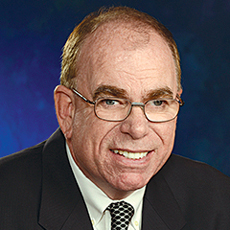
Most readers familiar with college football probably know about Nick Saban. For everyone else, he currently coaches football at the University of Alabama.
You might say he’s off to a good start. The Crimson Tide have captured five national championships since he arrived in Tuscaloosa. So far.
But Saban actually cut his teeth in the South Eastern Conference at rival Louisiana State University. A demand he made before accepting the LSU job is something every would-be administrator might want to consider.
What Saban wanted — and received — was a better deal for his players. Specifically, he insisted that LSU build a football operations facility, as well as an academic center, while improving living conditions for athletes.
I was thinking about Saban’s approach while reading Danielle Brown’s recent story about workforce challenges in the long-term care sector.
For the piece, she talked with David Grabowski, a healthcare policy professor at Harvard Medical School. Grabowski’s sober warning is that finding and keeping qualified staff is probably going to become even more difficult.
The reasons behind this field’s staffing woes are well known. The biggies are relatively low pay, long hours, and little in the way of perks.
If you are an administrator working at a facility, there might not be much you can do to alter those three challenges.
However, if you are an administrator who is about to take a job, you do have some leverage. And you might want to do what Saban did: Demand better treatment for your players before signing on. The concessions don’t have to be double-digit raises or free college tuition — although I’m sure such enticements would help tremendously.
They could be something more modest but manageable, such as better sick leave policies, easier scheduling, mandated mentoring, or other sweeteners that won’t break the bank.
Much has been made of Saban’s coaching acumen and wizardry. But maybe the real key to his success is that he takes care of his players. They sure seem to be taking care of him.
John O’Connor is Editorial Director for McKnight’s




